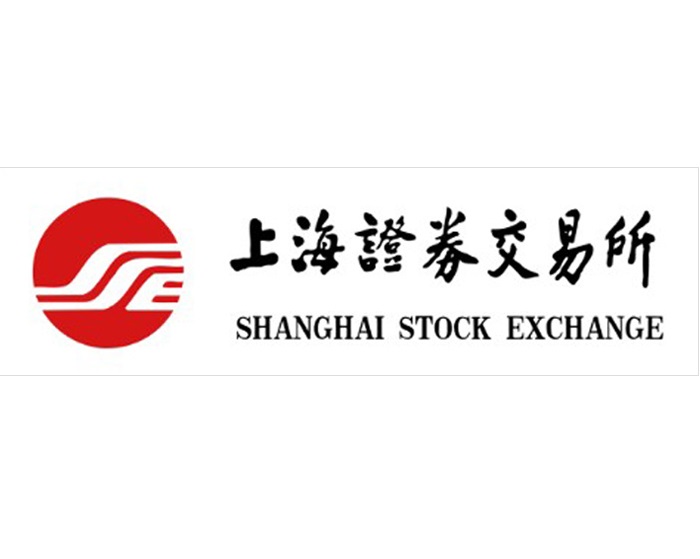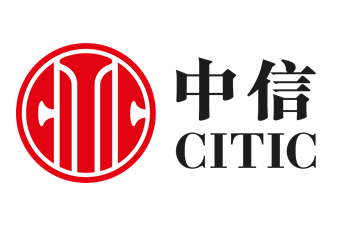While other brokerage firms have tried – but so far failed – to get securitization projects off the ground, the Beijing-based China International Capital Corp. has jumped ahead of the pack with a fixed-income product based on a telecommunication company’s future income from the leasing of mobile CDMA technology.
These asset-backed securities, which started trading on the Shanghai Stock Exchange in September, are the first such offering by a company in mainland China.
China International Capital even beat out two major banks also vying to have the first true securitization projects in China.
The telecommunications company is the Liantong Xinshikong unit of state-owned China United Telecommunications, or China Unicom. The issue raised RMB3.2 billion ($395.5 million), according to the underwriter.
Unicom was able to get money at a lower cost than available via a bank loan, said China International Capital Managing Director Alex Zhao. The government-mandated interest rate is 5.02% from a commercial bank, but Unicom will pay only 2.80% and 2.55% for its one-year and six-month asset-backed securities, Zhao told the Shenzhen Daily, an official government newspaper. The Unicom securities were bought by about 20 institutional investors, including pension funds and financial institutions.
“The structure backed by expectable cash inflow of the enterprise is worth promoting,” said Ge Yang, a research analyst at Shenzhen-based United Securities.
Last year, in order to regulate brokers in the sluggish equity market, the China Securities Regulatory Commission classified existing brokerages into four types. Brokers granted the title of “innovative broker” are those that have the best track record. China International Capital is one of only a dozen firms that falls into this category.
Part of the reason could be that China International has substantial foreign ownership – Morgan Stanley owns more than one-third of the company. Not surprisingly, it drew on its international connections to learn how to structure the Unicom deal.
“We have done in-depth study in international cases and brought superior structure with international standards in,” Zhao said in a statement.
The project can be treated as true securitization because it qualifies in several key areas. First, it has stable future cashflow; secondly, it established a special purpose vehicle in to minimize risks effectively for the investors; and, third, the security can later be sold by investors.
“In the past, all the trial securitization projects could only be called pre-securitization products without a standardized secondary market arrangement,” said Xusheng Yang, a partner at law firm King & Wood, which advised on both the China Construction Bank’s MBS project and the China Unicom project.
In the past, all the rights to the underlying assets were privately transferred inside a trust and investment company, added Yang. “The China Unicom project is totally different,” he said.
The China Unicom securitization project isn’t China International’s first foray into the securitization marketplace. Last fall it signed an agreement with the China Cinda Asset Management Corp. on disposing of RMB20 billion in non-performing assets via securitization. This project hasn’t yet been formally approved by regulators, said a China International manager, who wished to remain anonymous.
This year, China International was appointed the main underwriter of the China Construction Bank MBS project and participated in the research, design and underwriting work. The China Construction Bank is one of the big four state-owned banks.
“In the securitization markets of developed countries, investment banks play an extremely important role,” said Dong Chen, an analyst at Beijing-based Yinhe Securities. “Although the domestic market is lagging behind a lot, we are glad to see [China International]’s effort.”
According to Chen, the potential profits from the securitization business are very large, and may help reverse the slide in earnings at brokerage firms.
“If the pilot project backed by enterprise assets goes quite well, it can be forecasted that the scale will go up dramatically in a short time,” added China International’s Zhao.
The China International securitization team had called on a large number of enterprises and potential investors. “I see huge desire for the product, from both sides,” said Zhao.
Established in 1995, China International is the first joint-venture investment bank in China. The founding shareholders included the China Construction Bank, Morgan Stanley, and the Government of Singapore Investment Corp. The company is involved in investment banking, brokerage, research, and asset management businesses.
CICC’s history with China Unicom goes all the way back to China Unicom’s global IPO, which raised $5.65 billion in 2000. It was the largest IPO in Asia (outside of Japan) at the time.
(Wendy Yu contributed to this report.)


